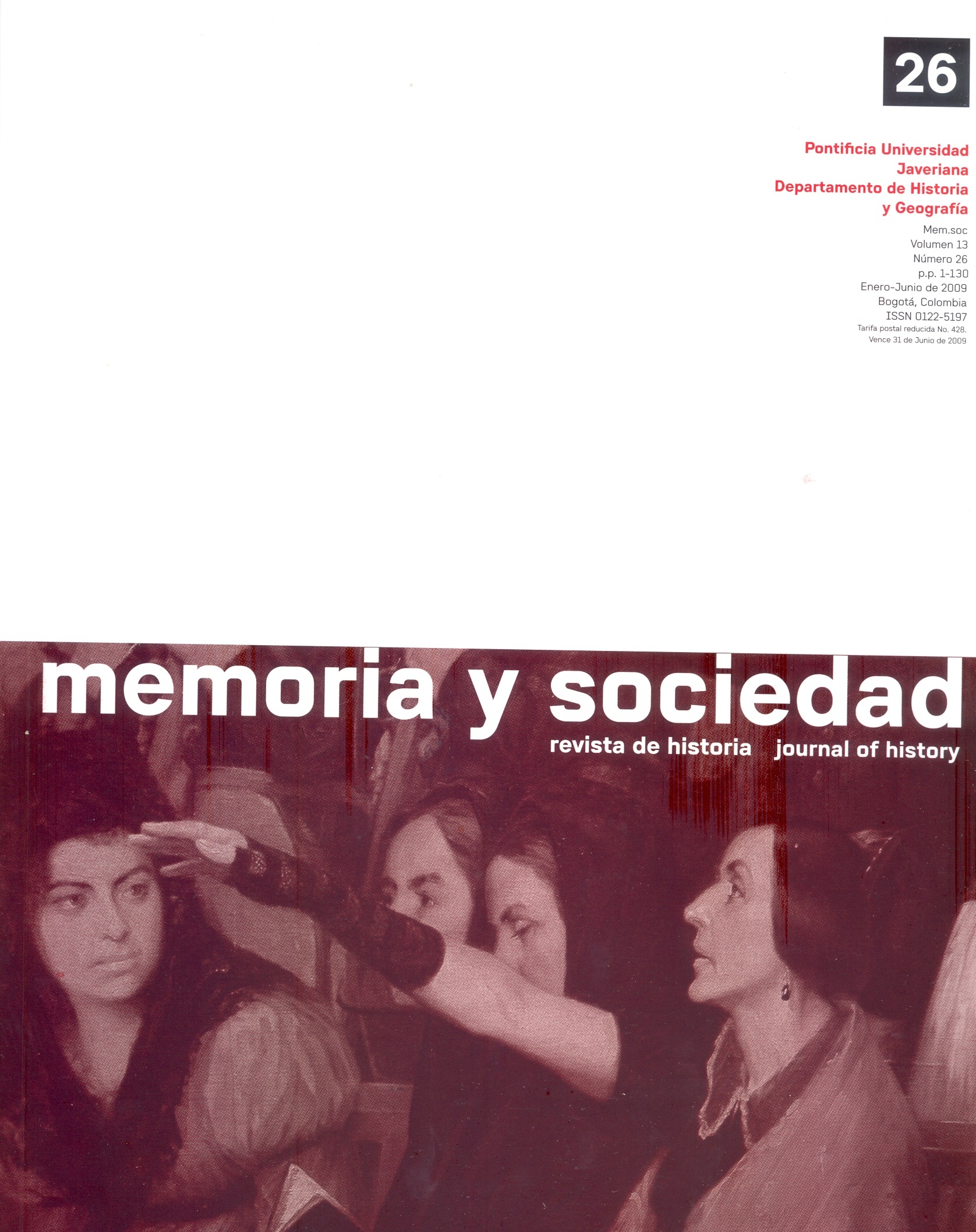Resumo
Este documento estudia la configuración del Denunciador, fundamentado en lo que el autor llamó en su trabajo "panoptismo legislativo vecinal". La política del Denunciador se presentó como un mecanismo de control de cumplimiento normativo establecido por la Corona y el Supremo Consejo de Indias, como una herramienta de coerción e intimidación de la población. En este sentido, se configuró como un instrumento que permitiera el establecimiento de la “ciudad ordenada” en la Recopilación de Leyes de los Reinos de las Indias. Se presenta el análisis de la aplicación y cumplimiento de esta compilación así como el estudio del reconocido aforismo “se acata, pero no se cumple”. Finalmente, se plantea la política del Denunciador como mecanismo de control diseñado por las autoridades coloniales. En este documento se encontrarán los principales postulados que llevan a concluir que el vecino denunciador fue presentado en la ley como el sujeto de derecho que acataba y cumplía lo dispuesto en el ordenamiento jurídico indiano.A revista Memoria y Sociedad encontra-se registada sob a licencia Creative Commons Versão 4.0 Internacional. Portanto, esta obra pode se reproduzir, distribuir e comunicar publicamente em formato digital, sempre que dado o crédito apropriado para os autores e a Pontificia Universidad Javeriana. Permite-se citar, adaptar, remixar, transformar, autoarquivar, republicar e criar a partir do material, para qualquer fim, mesmo que comercial, sempre que indicado apropriadamente o nome do criador, provido um link para a obra original e indicado se mudanças foram feitas. A Pontificia Universidad Javeriana não retém os direitos sobre as obras publicadas e os conteúdos são responsabilidade exclusiva dos autores, os quais conservam seus direitos morais, intelectuais, de privacidade e publicidade.
O aval sobre a intervenção da obra (revisão, correção, edição, tradução, formatação) e a subsequente difusão disponibiliza-se através de licença de uso e não através de transmissão de direitos, o que representa que a revista e a Pontificia Universidad Javeriana são isentas de qualquer responsabilidade que puder se derivar de uma prática ética pobre por parte dos autores. Em consequência da proteção fornecida pela licença de uso, a revista não fica na obrigação de publicar retratações ou alterar informações já publicadas, a não ser que a errata seja decorrente do processo de gestão editorial. A publicação de conteúdos nesta revista não representa royalties para os contribuintes.

